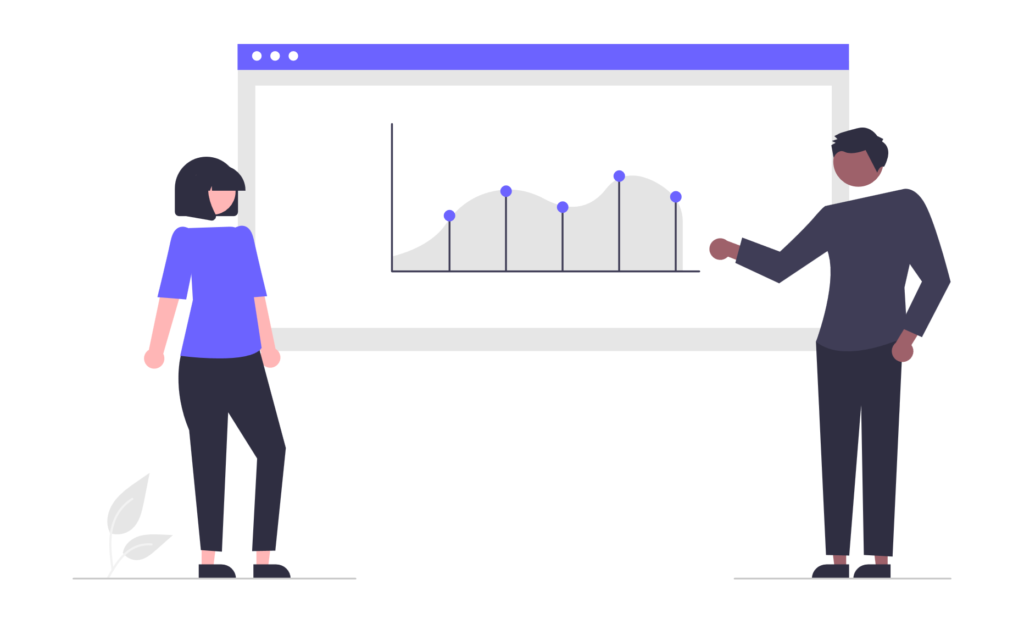
Information Technology

Odoo ERP for IT Businesses – Optimize Operations and Drive Business Growth
The IT industry demands efficient project management, seamless collaboration, and accurate financial tracking to ensure smooth operations. Odoo ERP for IT Businesses is a comprehensive solution designed to streamline workflows, enhance productivity, and provide real-time insights into business performance. With automation, integrated tools, and data-driven decision-making, IT companies can manage projects, teams, and finances with ease.
Key Features of Odoo ERP for IT Businesses

1. Project Management and Task Tracking
- Agile and Scrum Methodologies: Manage IT projects efficiently with Agile and Scrum boards.
- Task Scheduling: Assign tasks, set deadlines, and track progress in real time.
- Collaboration Tools: Enable seamless communication between developers, designers, and clients.
2. Resource and Employee Management
- Timesheet Tracking: Monitor employee work hours and project contributions.
- Skill-Based Task Allocation: Assign tasks to employees based on expertise and availability.
- Payroll and Attendance Management: Automate salary processing and track employee attendance.


3. Client Relationship Management (CRM)
- Lead and Opportunity Management: Track potential clients and manage sales pipelines.
- Automated Follow-Ups: Send reminders and emails to clients for project updates.
- Customer Support Integration: Manage IT service requests and technical support tickets efficiently.
4. Financial and Billing Management
- Automated Invoicing: Generate accurate invoices for software development, IT services, and consultancy.
- Expense Tracking: Monitor operational costs, salaries, and project budgets.
- Subscription and Recurring Billing: Manage SaaS-based services with automated recurring invoices.


5. IT Asset and Inventory Management
- Hardware and Software Tracking: Keep records of IT equipment, licenses, and warranties.
- Automated Asset Depreciation: Calculate asset value over time for financial accuracy.
- Cloud Storage Integration: Securely store and manage business-critical data.
6. Cybersecurity and Compliance Management
- Data Protection and Encryption: Ensure the security of sensitive business and client data.
- Regulatory Compliance: Meet IT industry standards such as GDPR, ISO, and HIPAA.
- Access Control and Role-Based Permissions: Restrict access to confidential information.


7. Sales and Marketing Automation
- Email Marketing Campaigns: Automate client outreach and follow-ups.
- Lead Scoring: Prioritize high-value leads for better conversion rates.
- Performance Analytics: Track marketing effectiveness and optimize strategies.
8. Reporting and Business Intelligence
- Real-Time Dashboard: Get insights into project progress, revenue, and team performance.
- Customizable Reports: Generate reports on IT service delivery, financial health, and operational efficiency.
- AI-Powered Forecasting: Predict future demand and optimize resource allocation.

Benefits of Implementing Odoo ERP for IT Businesses

1. Improved Project Efficiency
- Enhances task management with Agile and Scrum methodologies.
- Reduces delays with automated workflows and real-time progress tracking.
2. Optimized Financial Control
- Automates invoicing and financial reporting to prevent revenue leakage.
- Tracks expenses and budgets for cost-effective project execution.


3. Enhanced Client Management
- Strengthens customer relationships with CRM and automated follow-ups.
- Improves IT support services with streamlined ticketing and service requests.
4. Scalable and Customizable Solution
- Suitable for software development firms, IT consultancies, and tech startups.
- Flexible modules to adapt to specific business needs and industry requirements.
